We’re gonna need a bigger suitcase: this year’s 15 must-read summer books
From the literary thriller everyone’s talking about to an oral history of pop’s golden age, John Self gives his guide to the books that will make you want to double your baggage allowance
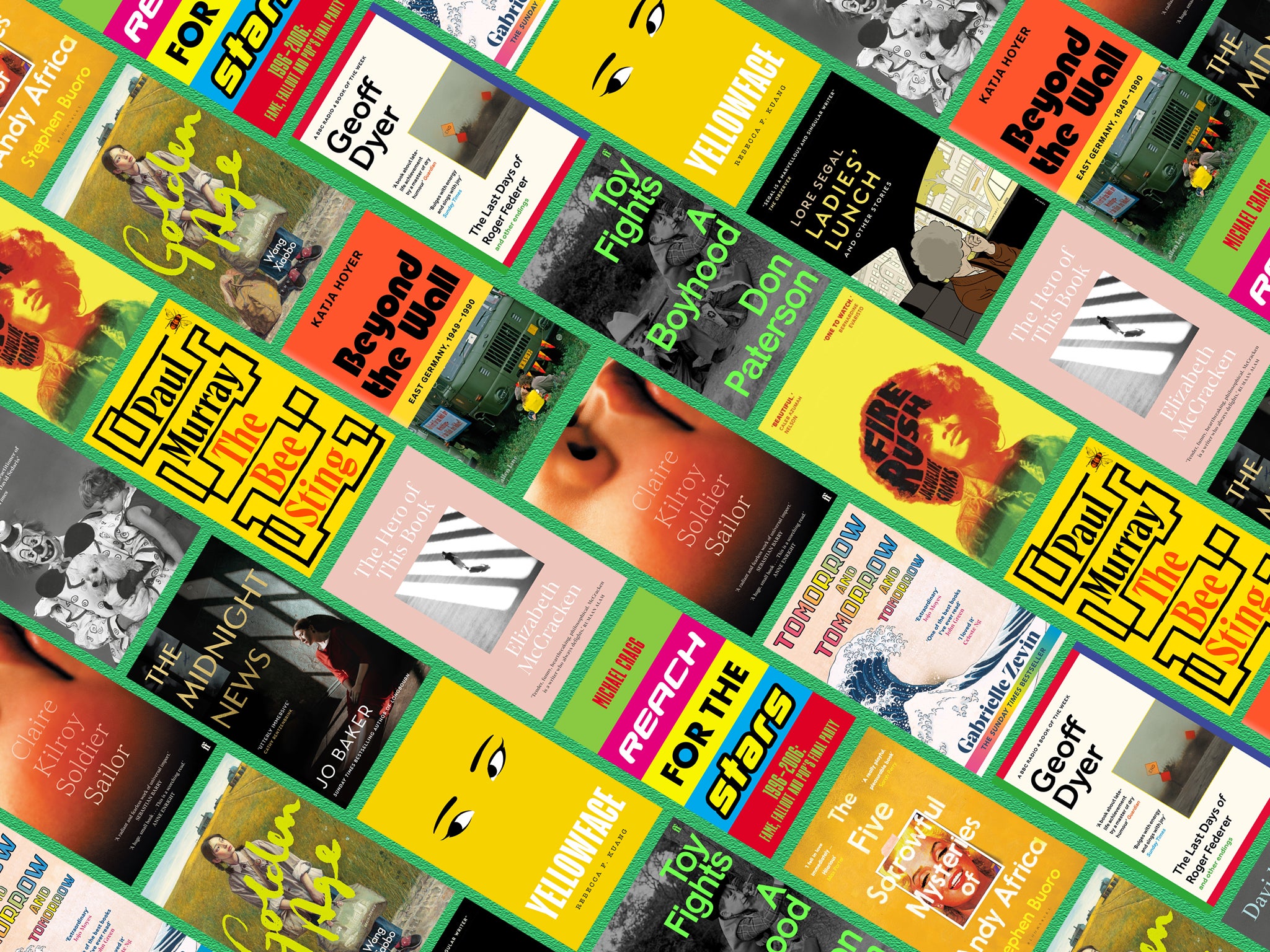
All families have a secret,” wrote Alan Bennett. “They’re not like other families.” In our round-up of the best fiction and non-fiction summer reads, families feature strongly – good ones, bad ones, and the families we make for ourselves when the real one just isn’t up to scratch. There are novels here on the roles of women throughout life: daughter, mother, elderly widow. There are coming-of-age stories from Asia and Africa, and non-fiction about the clash of East and West, and youth and age. But most of all, every one of these books will entertain you richly, whether on the beach, in the city or delayed at the airport.
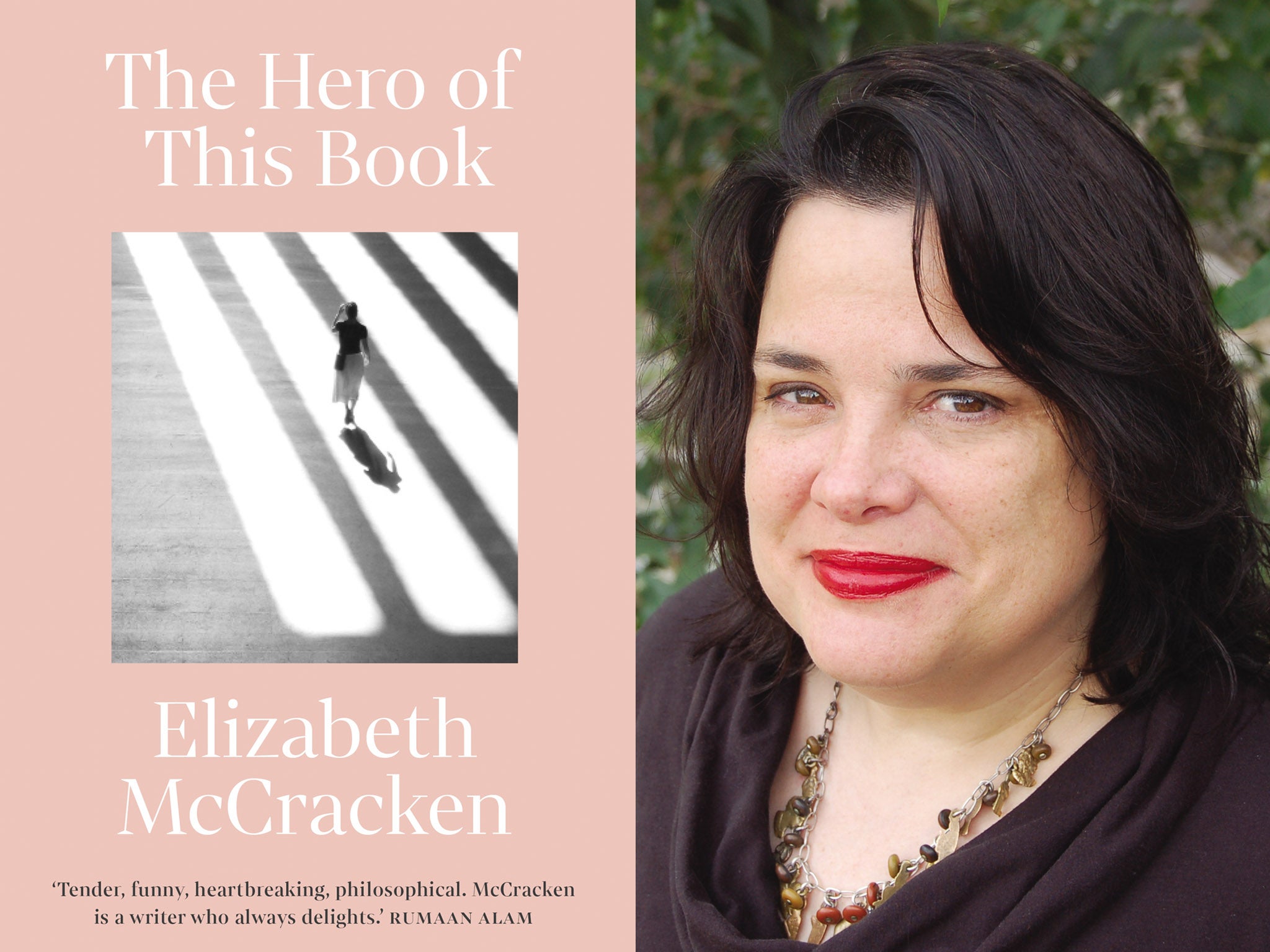
The Hero of this Book by Elizabeth McCracken (Jonathan Cape, £14.99)
This is a novel – or is it a memoir? – set across a day that you can read in a day. “American woman walks across London thinking about her dead parents” may not sound like a draw, but Elizabeth McCracken’s wit and emotional intelligence make it a treat from top to tail. When she tells her father she loves him, he replies, “Ditto.” She says, “I’ll tell you about my mother’s hair. She’d like that.” This is a book full of the contradictions of family: those people we can’t get away from because we’re made of the same stuff. It’s simple, beautiful, sad and funny.
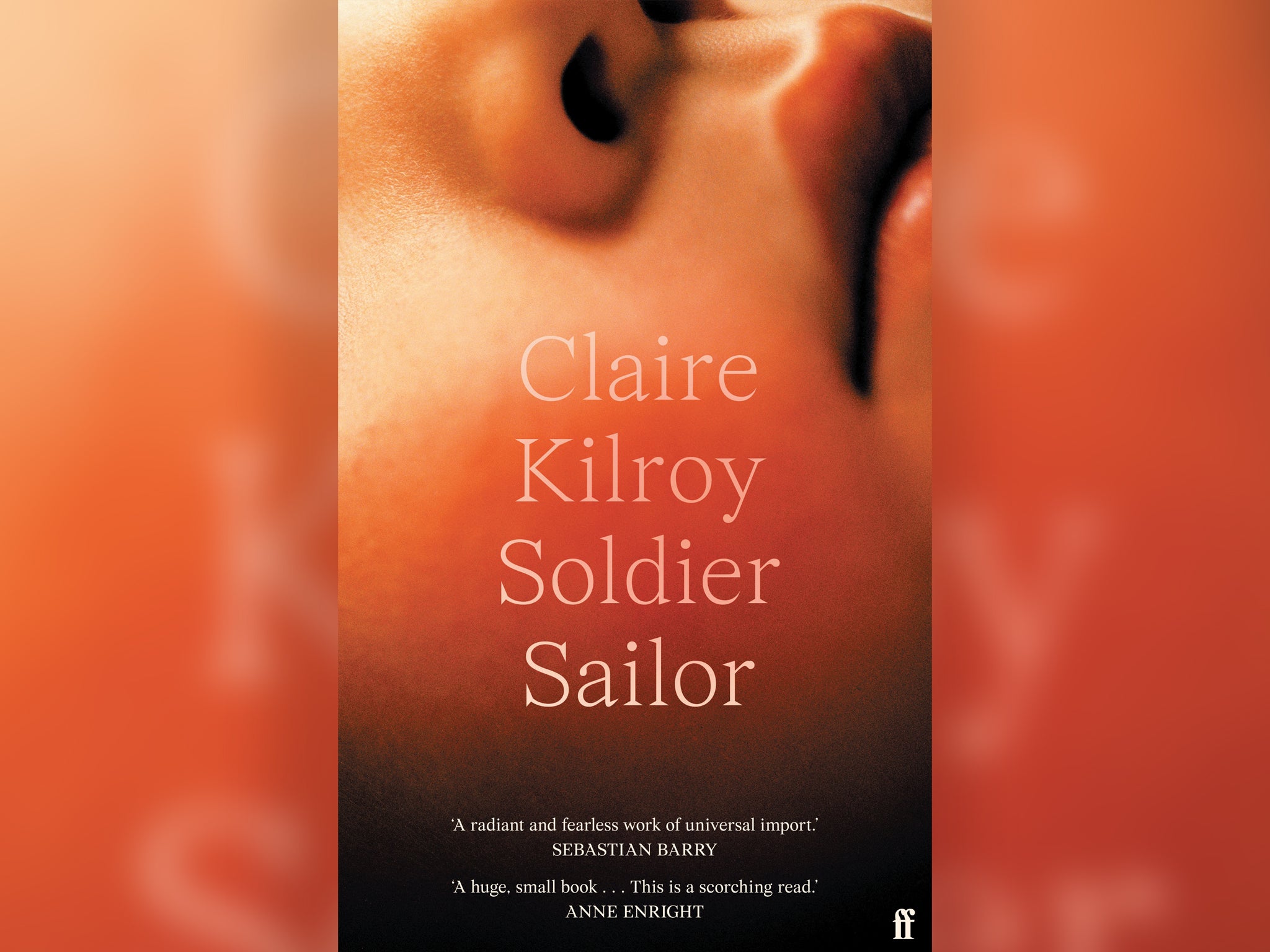
Soldier Sailor by Claire Kilroy (Faber, £16.99)
From parents to children, with this astonishing depth-charge of a novel from Irish writer Claire Kilroy – her first in 11 years. It was worth the wait. The narrator is the new mother of a baby boy, amazed by her son (“I love you. You’re perfect. But I’m not”) and furious at how the life she had before has vanished without trace. Meanwhile, her husband is a lazy layabout: or is he? “All this love, it has to go somewhere,” she tells us, and what it goes into is a page-turning thriller of how life will never be the same again.

Yellowface by Rebecca F Kuang (Borough Press, £16.99)
This is the summer’s most talked-about book, the one you have to read in order to have an opinion on it. The fact that it’s a blast and a breeze to read is just a happy bonus. It’s a tale of hubris and the inevitable consequences when a woman steals a manuscript from a dead author and passes it off as her own. “Writing gives you the power to shape your own world” – but at what cost? If you like this, try other stolen-manuscript cult favourites like John Colapinto’s About the Author and Terence Blacker’s Kill Your Darlings.
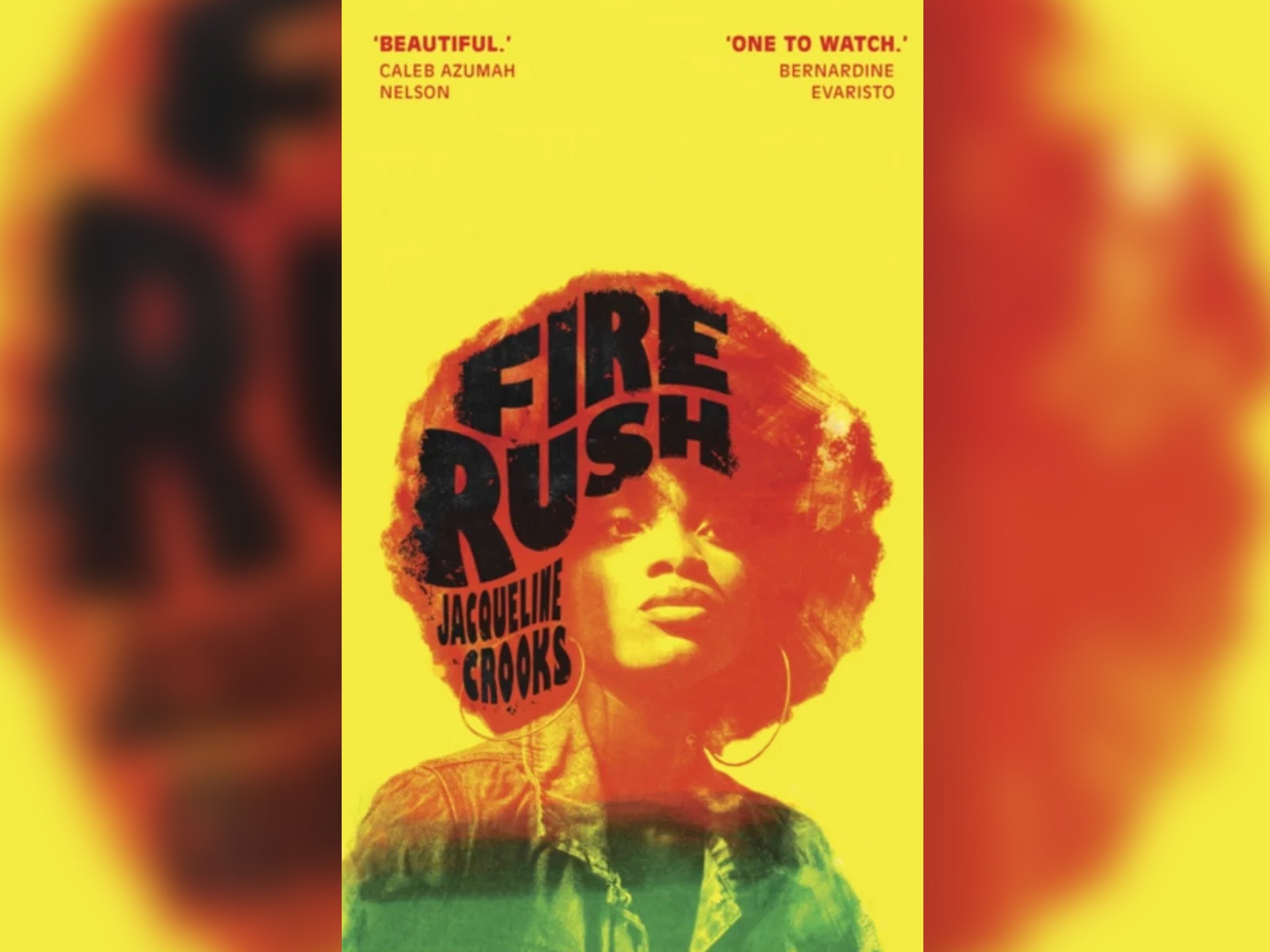
Fire Rush by Jacqueline Crooks (Jonathan Cape, £16.99)
If you didn’t think you were interested in the British 1970s and Eighties reggae and dub music scene, this book will show you why you should be. It’s an atmospheric story about a Black woman, Yamaye, and her love of the dance and of the wrong men. It’s set in a world of cassettes, cheques and answering machines, but also in a world of racism, where kids are given lessons: “First, teach them to shut dem mouth. Second, teach them how to run.” It builds to a cinematic climax as Yamaye flees to Jamaica, the reader’s jaw dropping further with every passing page.

The Bee Sting by Paul Murray (Hamish Hamilton, £18.99)
This is an astonishingly generous and lovable family saga, and the best book yet, from Irish writer Paul Murray (of Skippy Dies fame). The Barnes family in rural Ireland is full of turmoil and chaos, though each of the four keeps their problems private: only the reader gets the full picture. Dickie and Imelda and their kids Cass and PJ are great company, and their stories – of glamour and gay love, of car sales and computer games – are funny and tragic. It’s long enough to wallow in, yet you miss the characters when it’s over.

The Five Sorrowful Mysteries of Andy Africa by Stephen Buoro (Bloomsbury Circus, £16.99)
Another coming-of-age story, this time in Nigeria, where 15-year-old Andy Aziza longs to live not in “this crappy continent” but in Europe or America. He wants to meet a white, blonde woman, except that “I haven’t seen a blonde before. Because this is Africa,” and develops an interest in the niece of a visiting British priest. The pleasure here is as much in the journey as the destination, with sex, terrorism and, er, catechisms in the mix. Buoro has energy to burn.

Ladies’ Lunch by Lore Segal (Sort Of Books, £9.99)
It might seem ungracious to note that American Lore Segal is the oldest author on the list – at 95 – but then this is a book about the terrors and comedy of getting to be very old, and what happens next. Structured as a series of conversations between a group of New York friends in their nineties – all but one of their husbands is dead – Ladies’ Lunch is light and bright but never slight. It also includes Segal’s pandemic diary, with the stark opening line: “My pre-existing condition was being ninety-two years old.” Long may she reign.
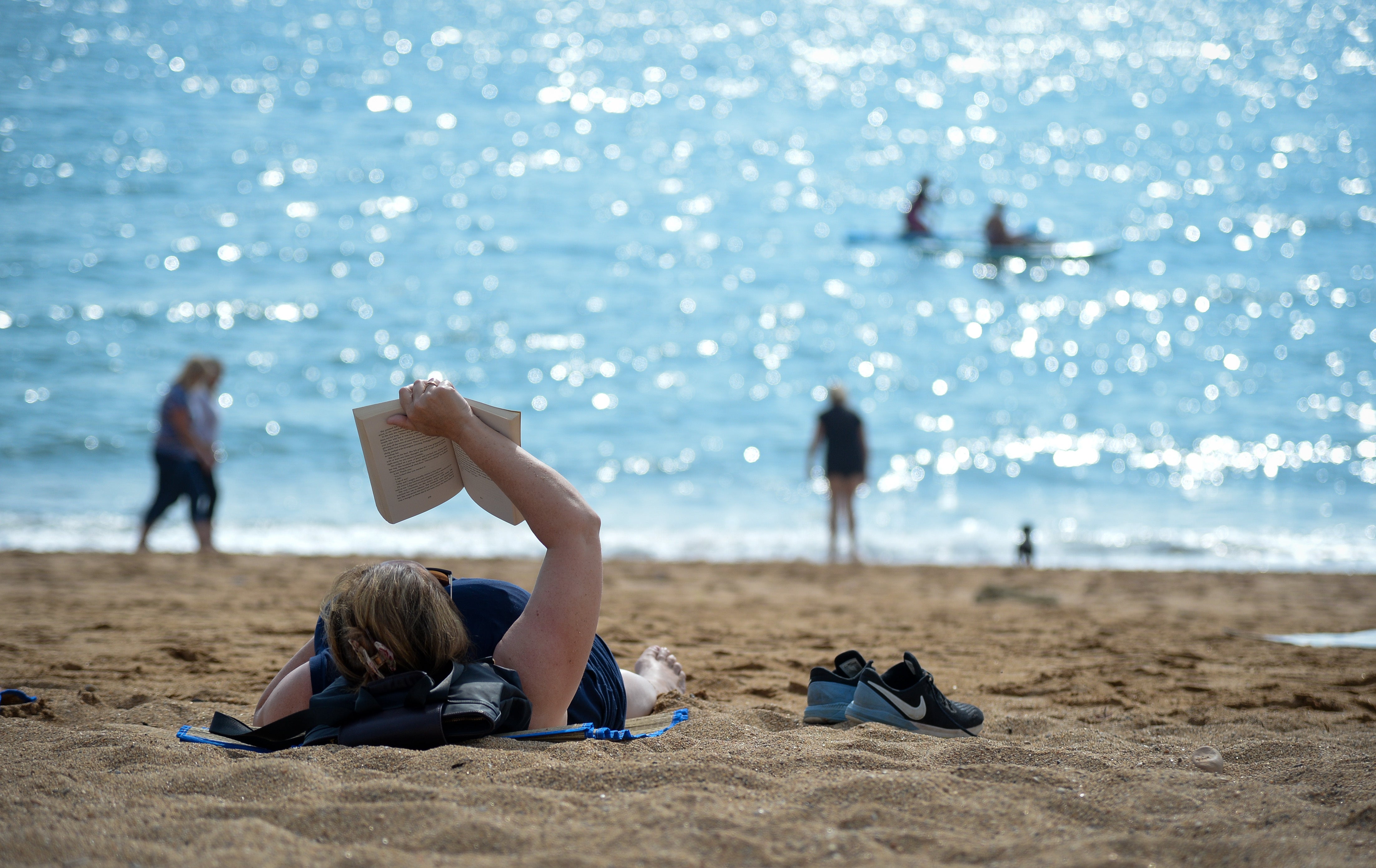
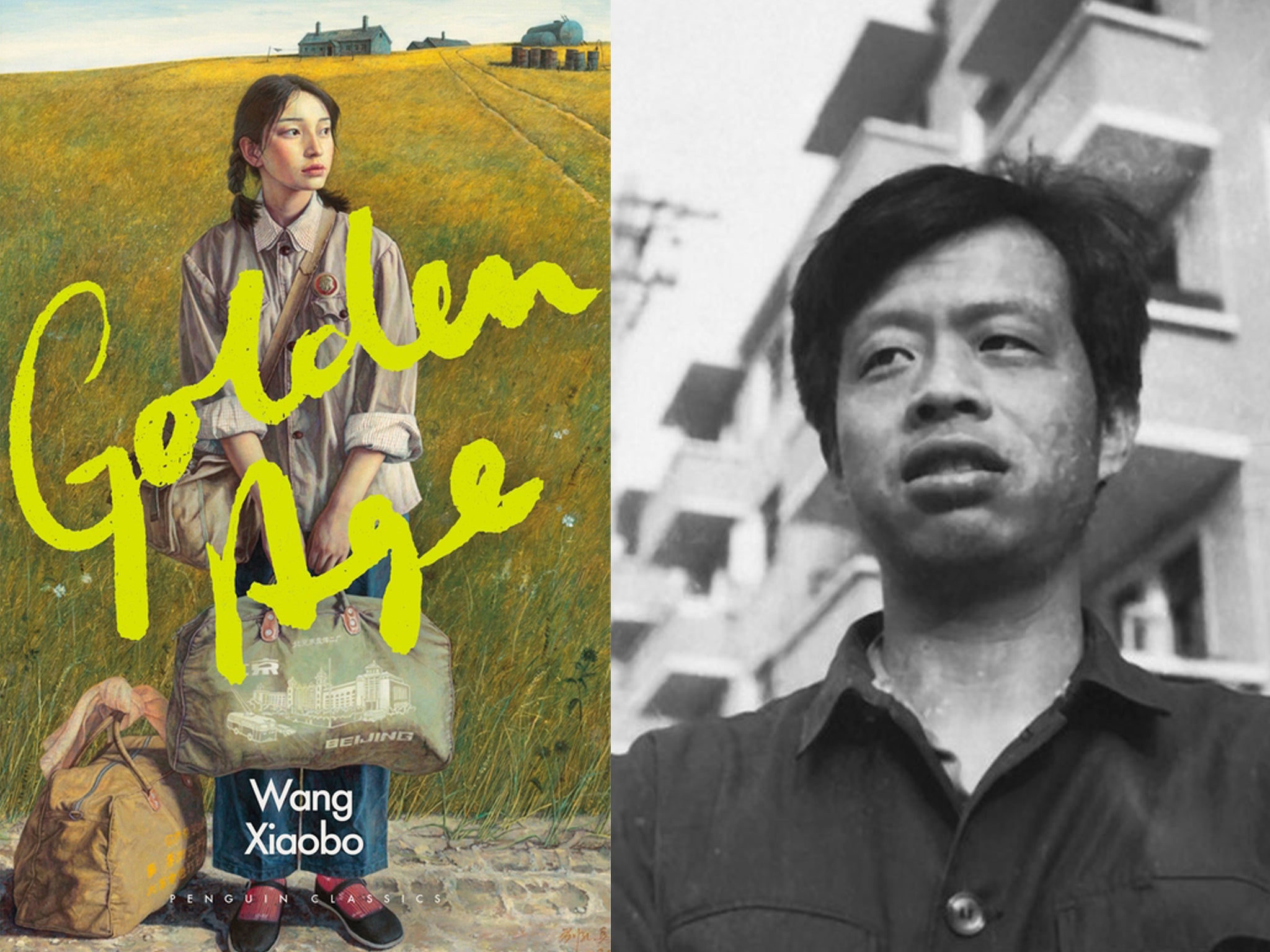
Golden Age by Wang Xiaobo, translated by Yan Yan (Penguin Classics, £18.99)
The first full English translation of Chinese writer Wang Xiaobo’s 1990s knockabout satire is a revelation. His tale of China’s Cultural Revolution – which killed or enslaved millions of people – is no sombre lesson, but an antic and anarchic extravaganza starring a young sex-obsessed man, Wang Er (geddit?). The account of his life, and his time spent being “re-educated”, is chaotic and episodic, where a measure of coming to terms with life under the regime is that “I no longer wanted to wrap my intestines around anyone else’s neck.”
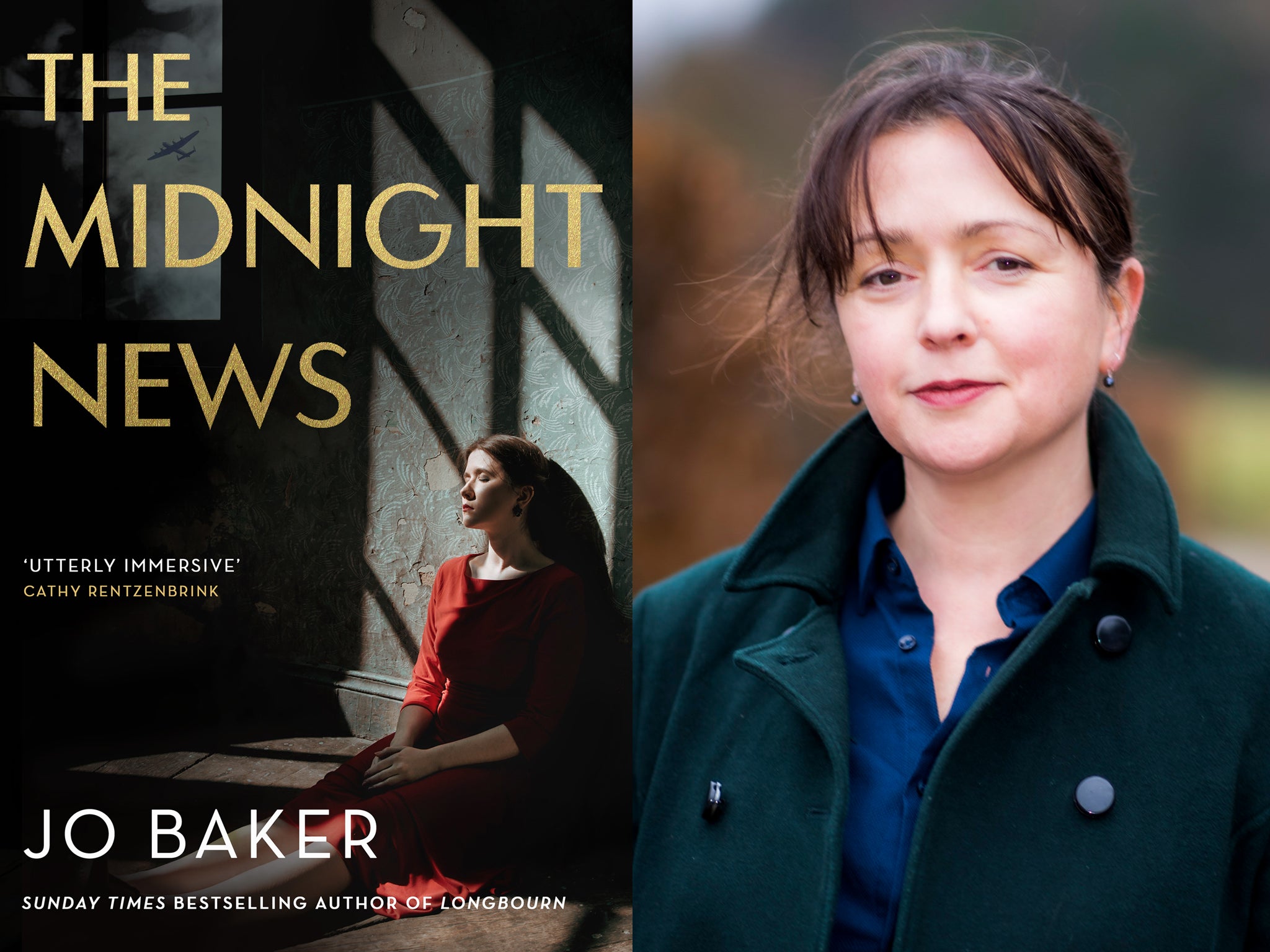
The Midnight News by Jo Baker (Phoenix, £16.99)
This is the best sort of historical literary novel: rich in authentic sensory detail (of London during the Second World War), full of idiosyncratic characters (an eccentric aunt, a horrible father), and driven by a new way of looking at a well-covered period. MP’s daughter Charlotte is trying to make a useful life for herself, and not be a “nuisance” during the war effort. But there’s something about her past that is about to turn the story on its head. Numerous plot twists and a satisfying conclusion make this book one of the undersung heroes of the year.

Tomorrow, and Tomorrow, and Tomorrow by Gabrielle Zevin (Vintage, £9.99)
Last year’s word-of-mouth hit becomes this year’s summer must-read. Video games are such a popular cultural activity that it’s surprising they don’t feature in more novels – can we ignore Ready Player One, please? – so here’s a fix for that. But the story – of two friends who create a game – is as much about other modern phenomena: identity politics, privilege and relationships mediated through technology. It’s true that the book may be most eagerly gobbled up by millennials who lived through the cultural references (“Friendship is kind of like having a Tamagotchi”), but there’s delight here for everyone.
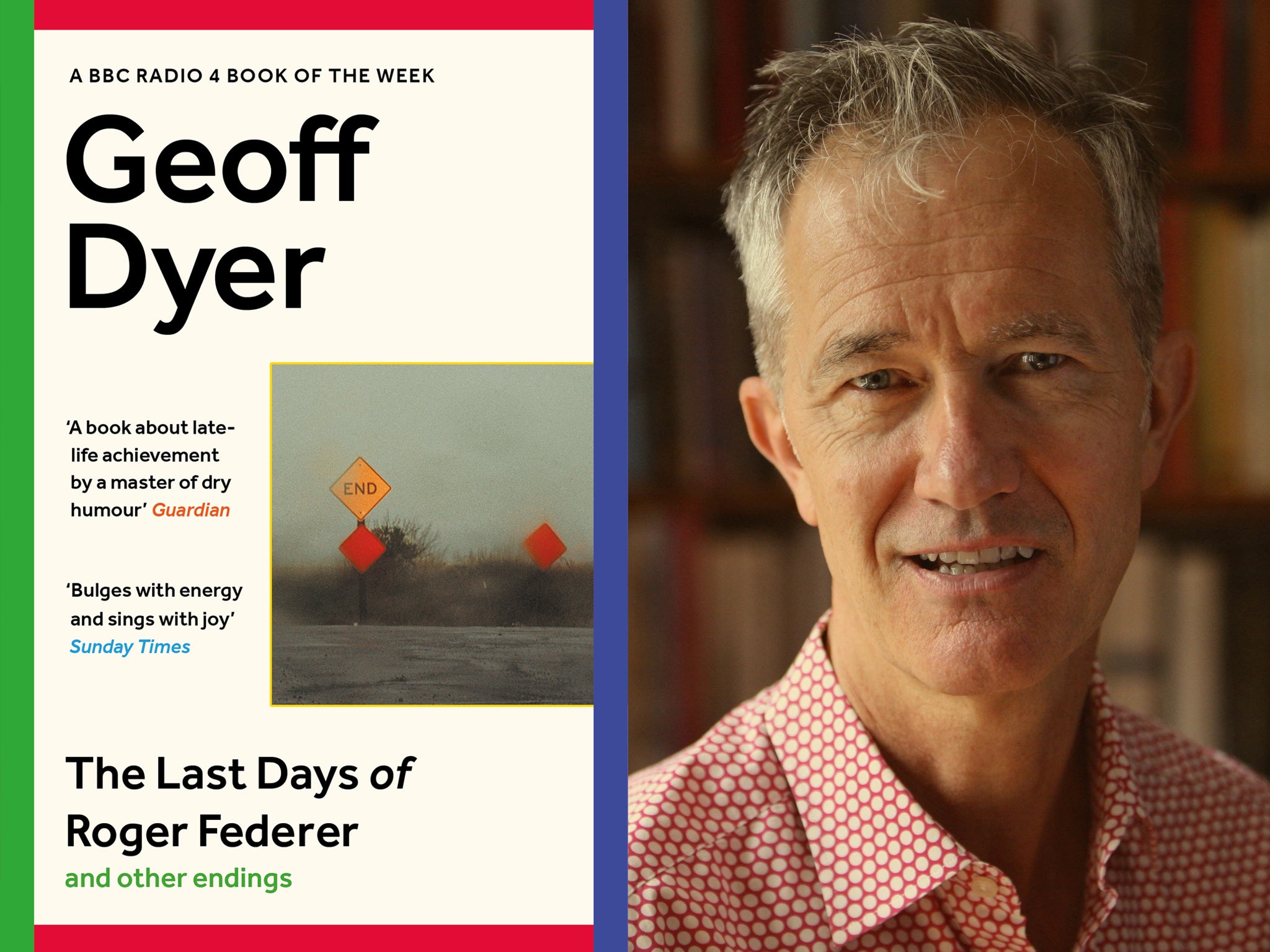
The Last Days of Roger Federer by Geoff Dyer (Canongate, £10.99)
The subtitle “and other endings” gives away that this book is not really, or not only, about tennis’s record-breaking gentleman superstar, but about coming to the end of the road for all of us: late work, winding down, and creaky joints. It features Jean Rhys, Nietzsche, Turner, Bob Dylan and of course – this being a Geoff Dyer book – Dyer himself, as smart, funny and self-mocking as ever. As a clever bonus, the book has exactly 86,400 words – the number of seconds in a day, to remind you that time is passing, and it’s later than you think.

Toy Fights by Don Paterson (Faber, £16.99)
One of the best poets in Britain has come up with the funniest memoir of the year, recounting his childhood in working-class Dundee. Every page is loaded with phrases only a writer of imagination and wit could come up with (the hairy porn mags of his childhood “looked like fish being sold through a hedge”), but also plenty of self-lacerating insights and a good deal of anger. He rants about classic grumpy-old-men topics but also poverty, corruption and that popular bogeyman, sugar. It’s moving too, with an account of his father’s decline into dementia. (Last coherent words: “Alexa, play Lyle Lovett.”)
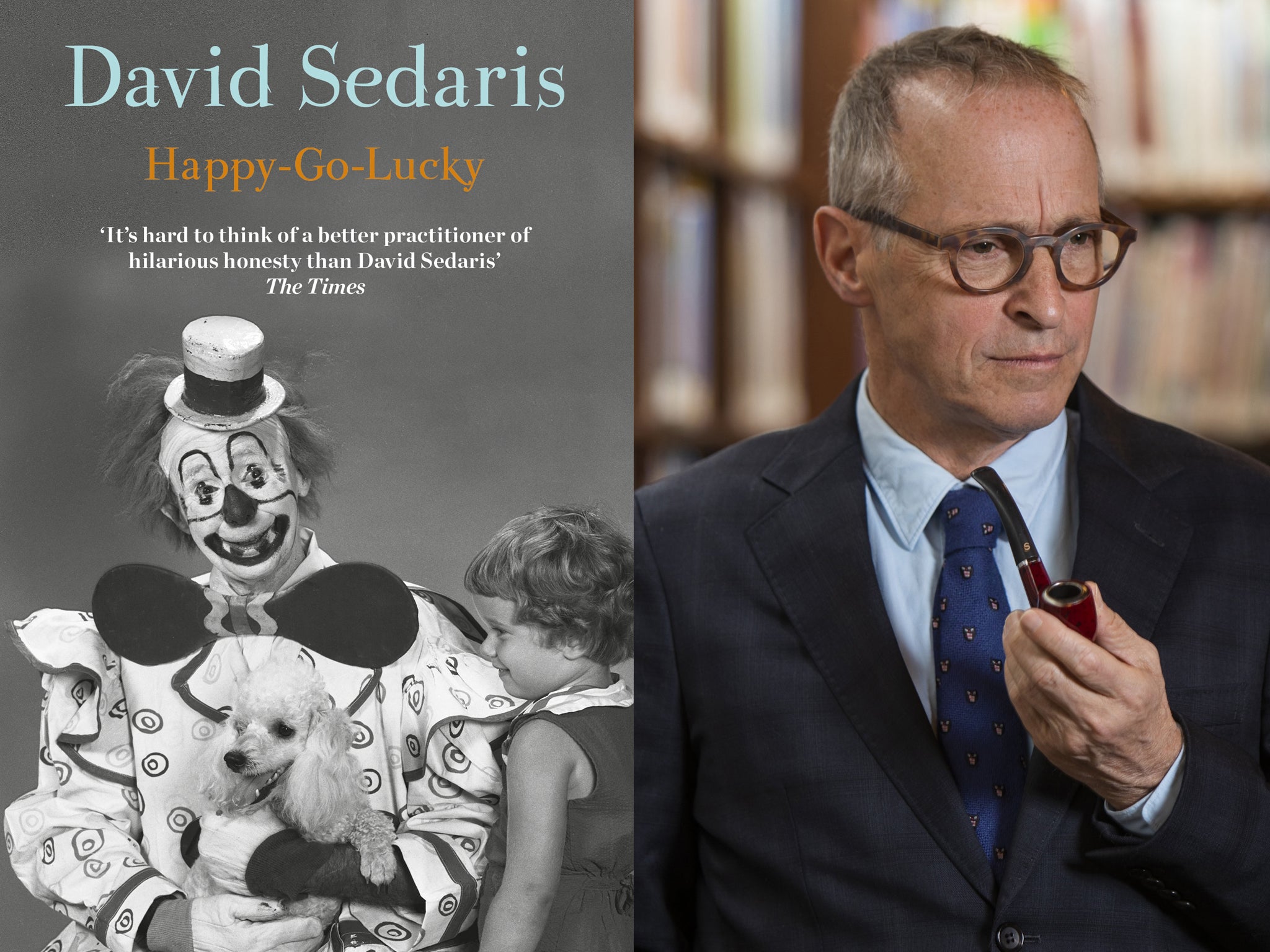
Happy-Go-Lucky by David Sedaris (Abacus, £10.99)
Sedaris’s recently published diaries may have shown him becoming more peevish as Trump took power, but in this new collection of essays, the most waspish wit in America (via West Sussex) is as funny as ever. His humour as ever skirts the dark, from Covid (“the tragedy” of a million Americans dying was “I didn’t get to choose one of them”) to growing old: of his 30-year-relationship to the long-suffering Hugh, he says, “Sleeping is the new having sex. ‘That was amazing, wasn’t it!’ one of us will say upon waking in the morning.”

Beyond the Wall: East Germany 1946-1990 by Katja Hoyer (Allen Lane, £25)
There’s been a swell of books about the former German Democratic Republic this year, but this chunky tome might be the best. Historian Hoyer blends large-scale political insights with engaging personal stories about the country founded on the principle that, as one leader put it, “It has to look democratic, but we must have everything in our hands.” Paranoia, hostility and brutal treatment of defectors pepper the pages, until the end comes, gradually and then suddenly, with the collapse of the Berlin Wall.
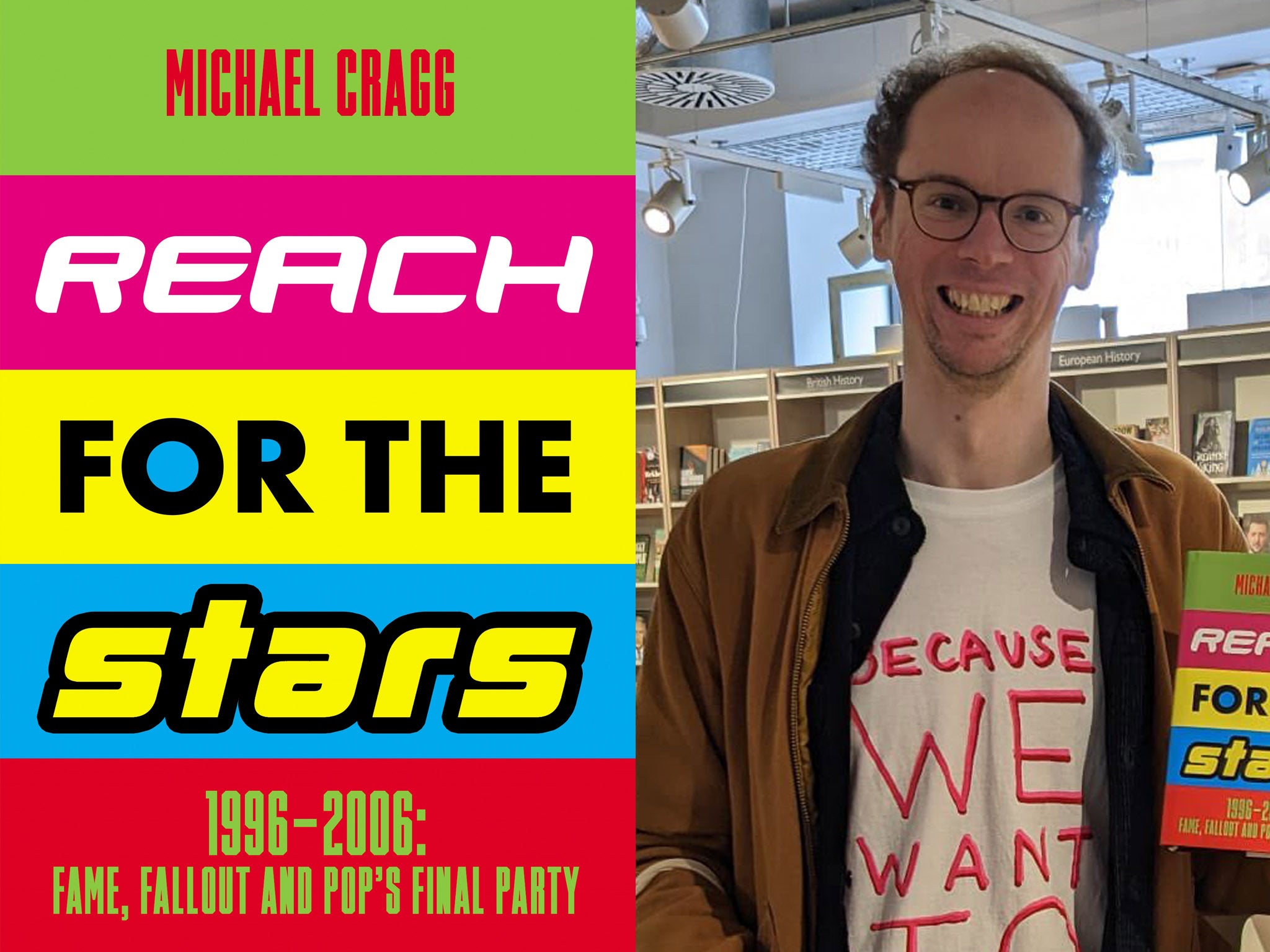
Reach for the Stars: 1996 to 2006 – Fame, Fallout and Pop’s Final Party by Michael Cragg (Nine Eight Books, £25)
This epic oral history – covering a decade of the shiniest pop music and the shadows behind it – is irresistible despite (or because of) featuring every artist of the era that you love to hate, from Hear’Say to One True Voice to Girl Thing (remember them? Me neither). This was a time of low musical stakes, after the fall of Britpop and before the rise of streaming – no era-defining political statements, no self-important auteurs, just the “pop pandemic” of the ubiquitous Steps – that shines all the brighter in our memories as a result. It’s fluffy, fun and the perfect soundtrack to your summer.
Join our commenting forum
Join thought-provoking conversations, follow other Independent readers and see their replies
Comments





Bookmark popover
Removed from bookmarks